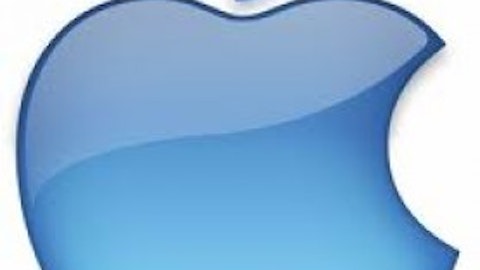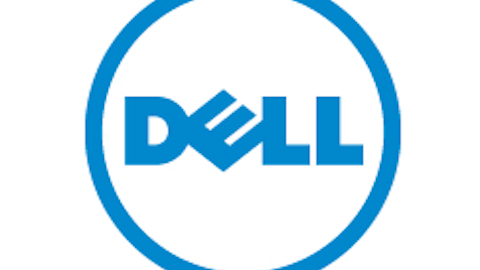The S&P 500 , and the narrower, price-weighted Dow Jones Industrial Average, both gained 0.50% today, and both established new record (nominal) highs in the process. The S&P 500 has now risen in 10 of the past 11 trading days.
The CBOE Volatility Index (VIX), Wall Street’s “fear index,” was essentially unchanged on the day, dropping by just one hundredth of a point, to close at 13.77. (The VIX is calculated from S&P 500 option prices and reflects investor expectations for stock market volatility over the coming 30 days.) Given the new high in the S&P 500, one might have expected a genuine drop in the VIX, but there are certainly enough news items to give investors some pause — the recovery is hardly an unmitigated success.
The macro view: Uncertainty is alive and well
Take the two highly divergent outcomes in public finances we witnessed today — one at the federal level, the other at a city hall. On the one hand, credit rating agency Moody’s Corporation (NYSE:MCO)‘s upgraded its outlook on the U.S.’s credit rating from negative, to stable. (Figures released in May by the nonpartisan Congressional Budget Office showed the U.S. budget deficit was falling faster than had been anticipated.) Meanwhile, the city of Detroit became the largest city in U.S. history to file for bankruptcy. Automakers Ford Motor Company (NYSE:F) and General Motors Company (NYSE:GM) may be recovering nicely from the financial crisis, but that hasn’t been enough to alter the general course of Detroit’s fortunes.

These latest developments provide additional context for the May article in which I dubbed the current bull market “the most mistrusted stock market rally in history.” That title was a bit hyperbolic, certainly, but there is more than a little something to this description.
The micro view: Microsoft Corporation (NASDAQ:MSFT) and Dell Inc. (NASDAQ:DELL)
And speaking of uncertainty… Microsoft Corporation (NASDAQ:MSFT)‘s fiscal fourth-quarter results, which the company released this afternoon, highlight the software maker’s struggle to re-establish itself in a post-PC world. The Redmond, WA software giant generated $0.59 in earnings per share — well short of Wall Street’s expectations for $0.75. Quarterly revenue also fell short, at $19.9 billion, vs. $20.7 billion.
Contributing to the miss: A $900 million charge on its inventory of Surface RT tablets. Microsoft Corporation (NASDAQ:MSFT) launched the Surface RT last October concurrent with Windows 8 to compete with Apple Inc. (NASDAQ:AAPL)‘s iPad, but it has not acquitted itself well in that contest, and the company announced this week it would slash its prices.





